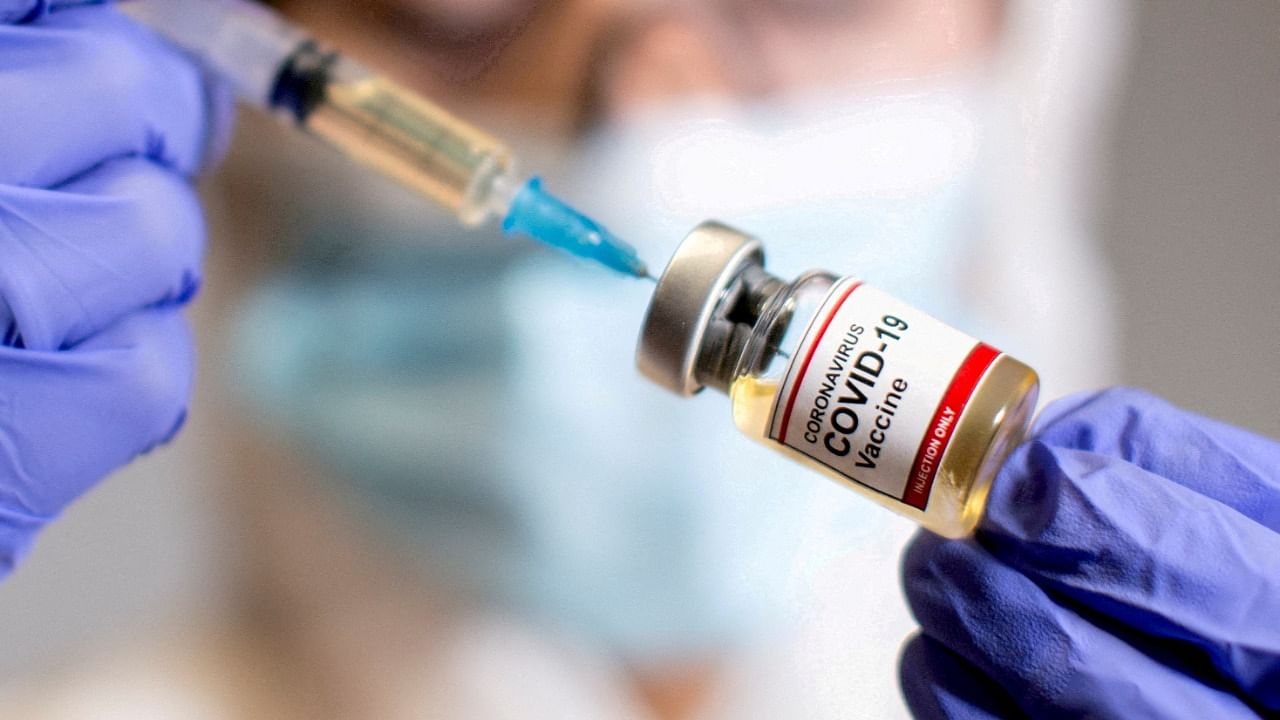
People who take vaccination after an infection with SARS-CoV-2, the virus responsible for Covid-19, are likely to have a decrease in the likelihood of long Covid-19 symptoms, finds a large study.
A majority of people, including children, persistently experience symptoms like brain fog, fatigue, and breathlessness ranging from months to years, post a Covid-19 infection.
The study, published by The BMJ, showed that a first vaccine dose was associated with an initial 13 per cent decrease in the odds of long Covid-19.
Receiving a second vaccine dose, 12 weeks later, was associated with a further 9 per cent decrease in the odds of long Covid-19, and this improvement was sustained at least over an average follow-up of nine weeks.
Vaccination "may contribute to a reduction in the population health burden of long Covid-19, at least in the first few months after vaccination", wrote D Ayoubkhani, from the UK's Office for National Statistics (ONS) in the paper.
The findings are based on the latest survey by the ONS that shows that 44 per cent of people who report long Covid-19 have had symptoms for at least one year, two thirds of whom report symptoms severe enough to limit their day-to-day activities.
So a team of researchers set out to estimate associations between Covid-19 vaccination and long Covid symptoms in adults with SARS-CoV-2 infection before vaccination.
They analysed data for 28,356 adults aged 18-69 years who received at least one Covid-19 vaccine dose after testing positive for SARS-CoV-2 infection, and tracked the presence of long Covid-19 symptoms over a seven month follow-up period (February to September 2021).
Long Covid-19 symptoms of any severity were reported by 6,729 participants (24 per cent) at least once during follow-up.
The researchers noted as the study is observational, "causality cannot be inferred".
But, "our results suggest that vaccination of people previously infected may be associated with a reduction in the burden of long Covid-19 on population health, at least in the first few months after vaccination," the researchers said.
They call for further research into the long term relationship between vaccination and long Covid-19, and studies "to understand the biological mechanisms underpinning any improvements in symptoms after vaccination, which may contribute to the development of therapeutics for long Covid-19."